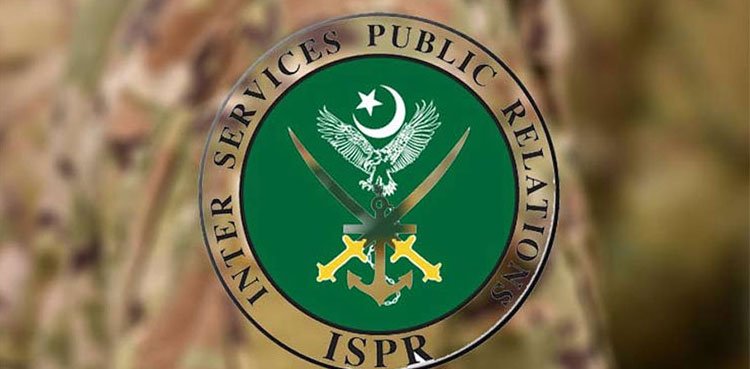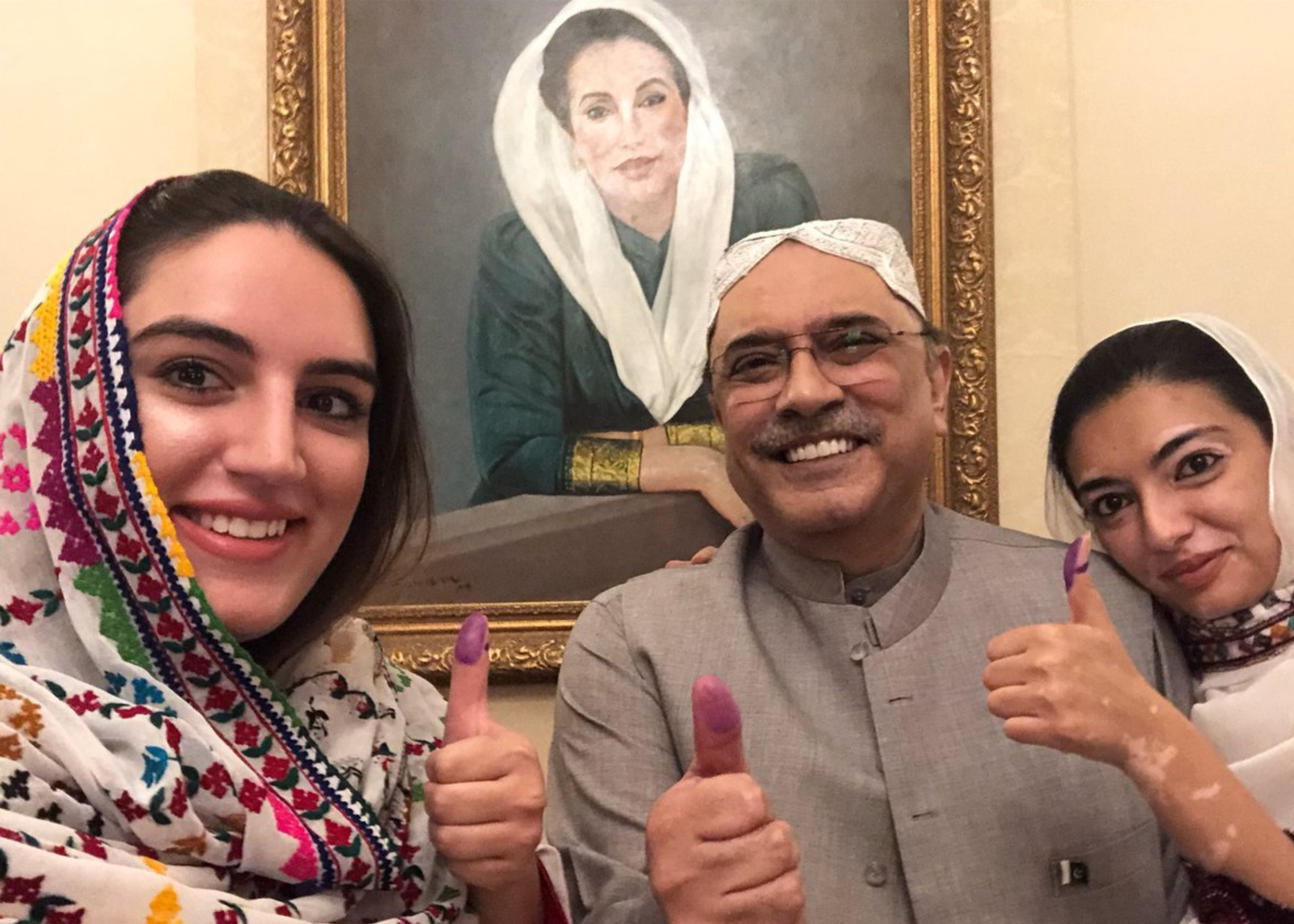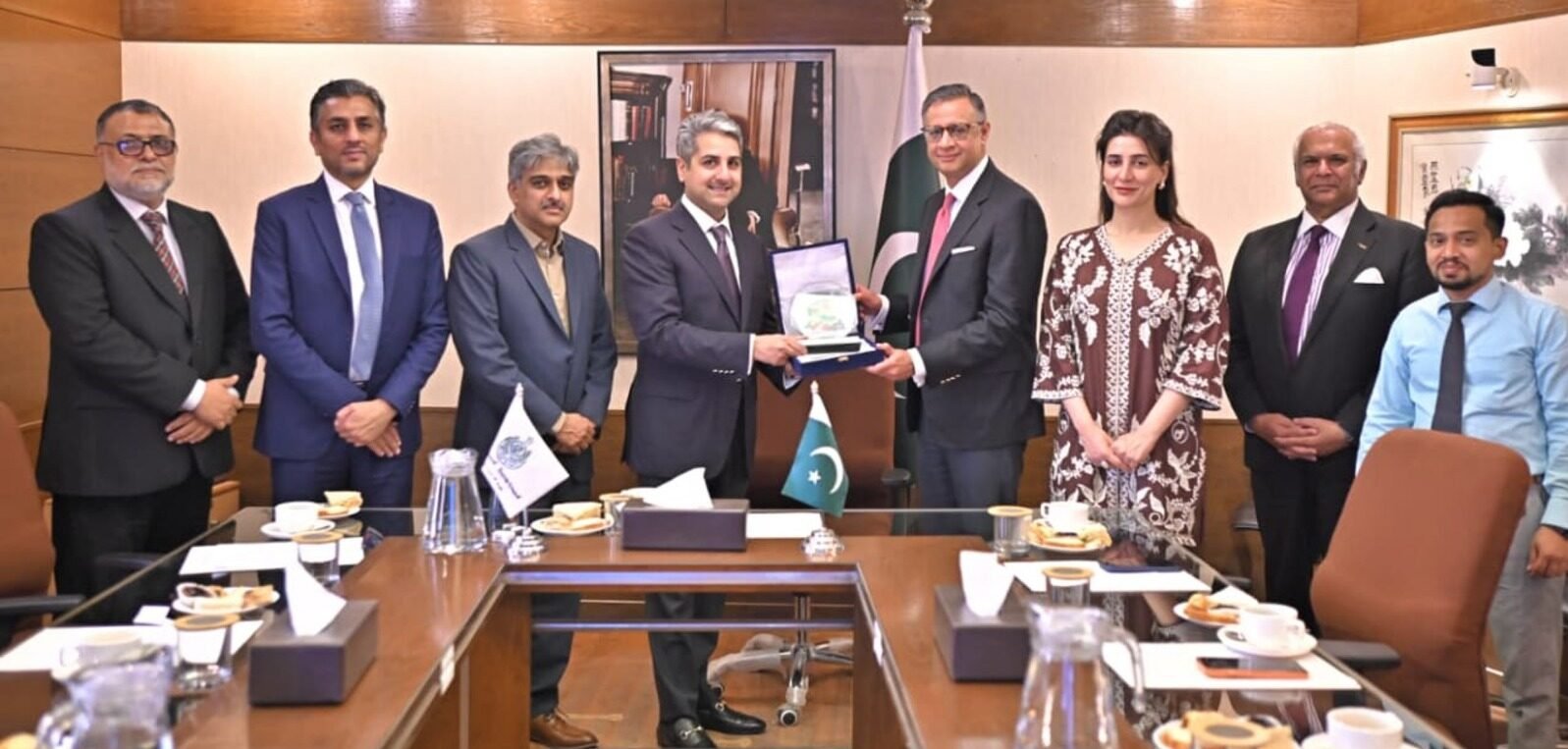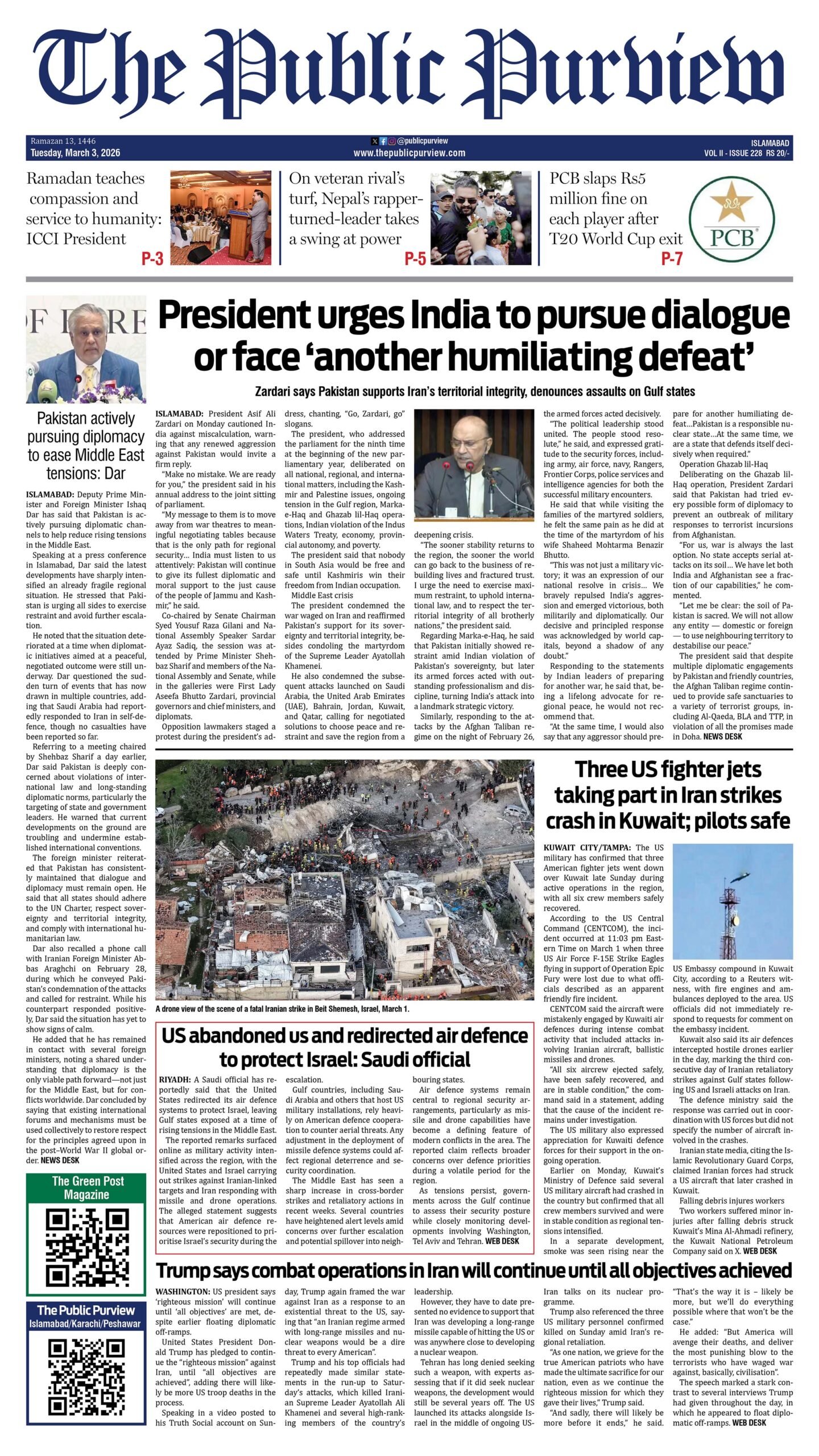
By Hamna Obaid
Islamabad – ISPR strategic communication has consistently led as the vanguard media arm of Pakistan’s armed forces. It amplifies sacrifices, shapes national morale, and projects the country’s stance at home and abroad. During Marka-e-Haq, ISPR spearheaded a comprehensive media campaign that presented Pakistan’s position in a dignified, defensive, and principled light. Through carefully timed briefings, the media wing strengthened national unity and resilience, ensuring that the public did not succumb to fear or disinformation often spread by Indian media. This effort rallied civilian confidence behind the armed forces. It projected Pakistan not as an aggressor but as a state compelled to defend its sovereignty.
The campaign showcased ISPR’s strength in framing a challenging conflict as a story of rightful defense—a capability that continues to guide its ISPR strategic communication today. By engaging with global media, Lieutenant General Ahmed Sharif Chaudhry, Director General of Inter-Services Public Relations (DG ISPR), reinforced ISPR’s role as a credible information source. Lt Gen Chaudhry also engaged directly with leading global outlets, signaling a more confident and transparent posture.
On 5 September 2025, DG ISPR gave an interview to the German magazine Der Spiegel. His words were candid, uncompromising, and long overdue. For a Western audience often fed selective narratives about Pakistan, his remarks offered an unfiltered Pakistani perspective. He highlighted sacrifices in the war on terror, exposed India’s state-sponsored extremism, clarified the Afghan refugee dilemma, and outlined Pakistan’s strategic ties with both the U.S. and China. “Very organized measures have been taken for dignified return of Afghan refugees,” Lt Gen Chaudhry stated. He also revealed India’s duplicity with remarkable clarity. He pointed to violent incidents inside India as the result of New Delhi’s extremist policies.
Lt Gen Chaudhry said India presents internal issues as external, and external issues as internal—fueling propaganda rather than peace. Most notably, he presented solid evidence linking active Indian military officers to acts of terrorism on Pakistani soil. These points recalibrated Pakistan’s regional posture, showing it as proactive rather than reactive.
Pakistan’s resolve to eliminate non-state militancy is genuine, but structural hurdles complicate implementation. Residual militant networks, porous borders, and circulation of U.S.-abandoned weaponry in Afghanistan challenge operations. While Pakistan provides evidence of Indian involvement in destabilizing activities, the international community often remains muted. Regarding Afghan refugees, Pakistan’s demand for repatriation is logical, yet Afghanistan’s fragile governance and struggling economy cast doubt on its capacity to absorb millions of returnees without triggering new humanitarian crises. DG ISPR emphasized responsibility as well. Reports of rising intolerance and violence within India corroborate his claim that extremist ideology increasingly shapes state institutions.
What emerges is a narrative that is bold and necessary. Pakistan’s insistence on setting limits to its generosity, calling out India’s duplicity, and rejecting militancy underscores a clear shift from defensive justification to proactive assertion. The interview signals a recalibration where Pakistan defines its own doctrine rather than absorbing external prescriptions. Yet entrenched dynamics—Afghanistan’s fragility, global indifference to Kashmir, and great-power realpolitik—continue to constrain Islamabad’s options.
Lt Gen Chaudhry clarified that ties with Beijing are not an “either/or” choice against the West but a pillar of Pakistan’s multidimensional foreign policy. He also debunked organizations like the so-called Baloch Yakjehti Committee (BYC), which markets itself as a human rights group while allegedly covering anti-state elements. This interview reflected Pakistan’s security dilemmas and recalibrated its strategic posture.
The message is threefold. First, Pakistan’s generosity has limits; Afghan refugees must return with dignity, but without indefinite delay. Second, Indian state-sponsored extremism and terrorism cannot be dismissed as mere rhetoric. Third, Pakistan has turned a decisive page; non-state militancy will no longer be tolerated, and the state alone will define its security doctrine. The coming months will reveal whether the region acknowledges these warnings or continues a cycle of conflict. The ball now rests in the court of Kabul, New Delhi, and the wider international community.







 Today's E-Paper
Today's E-Paper